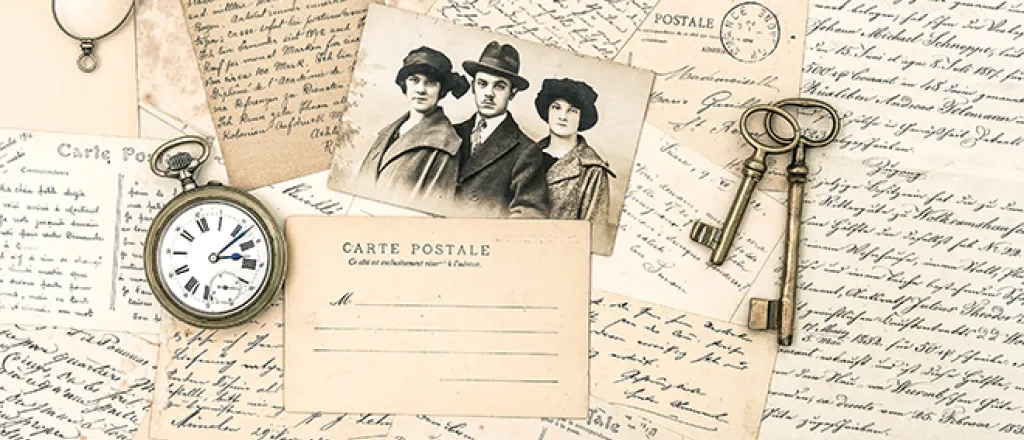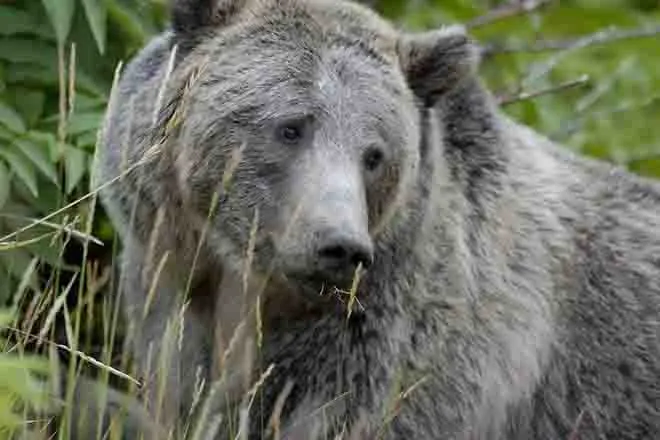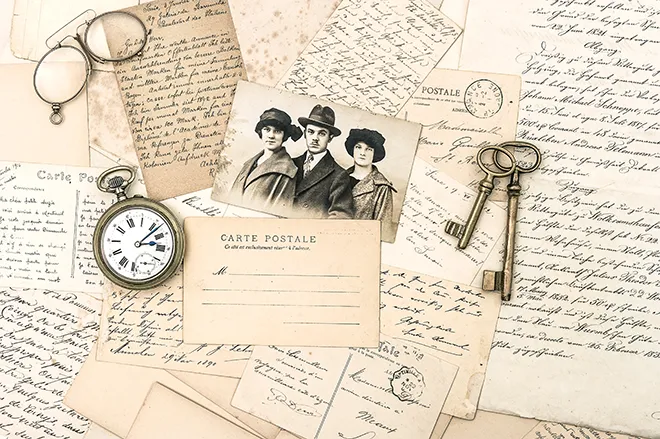
Project highlights women who forged, documented Wyoming’s history
(Wyoming News Service) Wyoming became the first U.S. territory to give women the right to vote in 1869, half a century before the nation finally followed the Cowboy State's lead.
Kylie McCormick is a historian working to uncover the broad range of contributions made by women in the state's development. She said much of what is known today is because of the work of Grace Raymond Heberd, a University of Wyoming professor, who played an outsized role in advancing women's suffrage.
"She was an incredible cataloger of history," McCormick observed. "Her efforts to gather women's testimony and to catalog and record women's experiences across the West is really remarkable."
Heberd worked to reframe the image of Wyoming as a civilized place by marking historic places that emphasized settlers and settlement, as opposed to cowboys and frontiersmen. Heberd's writings and archival materials, which filled 87 boxes, also documented a street brawl involving Cokeville Mayor Ethel Stoner.
Heberd's second Laramie home, at 318 South 10th Street, is listed on the National Register of Historic Places as part of the University Neighborhood Historic District.
When Heberd first came to Laramie in 1891, she moved into what has become a fabled duplex near the University of Wyoming. McCormick noted Heberd's neighbors in the duplex included one of many successful women who were drawn to the state.
"Like Dr. May Preston Slossen, she was the first woman (in the nation) to earn her doctorate in the field of philosophy," McCormick noted. "She was the first woman to serve as a chaplain to a state penitentiary."
Heberd's students affectionately dubbed her half of the duplex "Old Maid's Paradise," in part because of her remarkable roommate, who was determined to carry the experience of suffrage with her when she left Wyoming.
"And then on the other side of that duplex, we have Irene Morse," McCormick outlined. "Incredible woman. She leaves Wyoming to become a medical doctor in Massachusetts. She served in World War I under the French flag, and was badly wounded with some mustard gas."

















